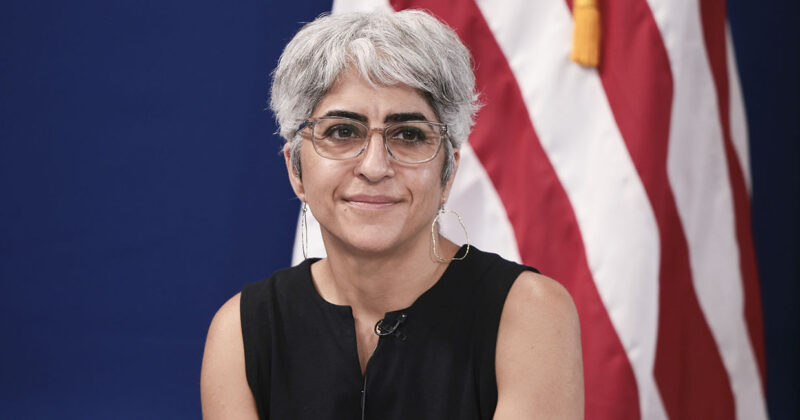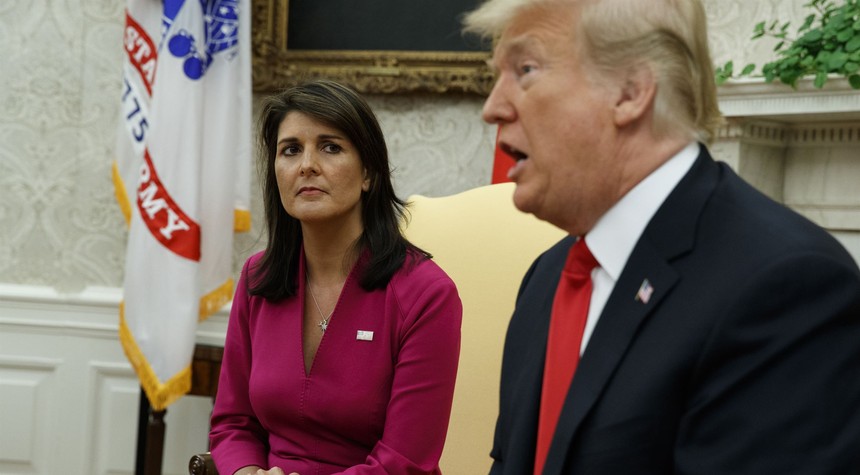Aslan is on the Move:
Revival Breaking Out on Multiple Campuses Right Now

[This article was written on Saturday, February 11. Much has happened since then, and it’s good. The revival is going strong as of Monday morning, reaching many more schools and colleges, and even as far as China, Indonesia and the Philippines via social media. We will post updates. — The Editors]
In a scene from The Lion, The Witch, and the Wardrobe, one of the tales of C.S. Lewis’s classic Chronicles of Narnia, the four children, Lucy, Edmond, Susan, and Peter find themselves at the dwelling of Mr. and Mrs. Beaver. As Mr. Beaver begins explaining events to the children, he tells them in a low whisper, “They say Aslan is on the move — perhaps has already landed.”
Aslan is the Great Lion in the Narnia stories, the God or Christ figure. After nearly one hundred years of the cruel rule of the White Witch, who had kept it always Winter those 100 years, it brought great hope to all of Narnia to think that Aslan might indeed be on the move, and that he might already be among them. “Aslan is on the move” were words of great hope.
As great as that story is, suddenly we are seeing something far better: Unexpectedly, powerfully, even globally, God is on the move.
God is on the Move
“God is on the move” can bring us much hope, too. So often it seems the darkness is increasing. Just last week, though, on Wednesday February 8, 2023, God showed up at Asbury University in Wilmore, Kentucky. The same Asbury where back in 1970 He showed up and sparked a revival that impacted the entire world for months and years to follow.
For those old enough to remember, the great Asbury Revival was a truly remarkable outpouring of the Holy Spirit that spread around the world. And now God has showed up again. Reports are pouring in (see here, here, and here) from what is beginning to look like yet another great revival starting at Asbury. It is now in its 3rd day, with no signs of abating.
Another Asbury Revival
Asbury student and editor for the college newspaper, Alexandra Presta, has written multiple reports from inside Hugh’s Auditorium where the revival is taking place. She writes, “Peers, professors, local church leaders and seminary students surround me — all of them praying, worshiping, and praising God together. Voices are ringing out. People are bowing at the altar, arms stretched wide. A pair of friends cling to each other in a hug, one with tears in her eyes. A diverse group of individuals crowd the piano and flawlessly switch from song to song. Some even sit like me, with laptops open. No one wants to leave.”
Other Universities Experience God’s Outpouring
Students from at least two nearby universities have been bussed over to experience God’s outpouring as well. This may well be only the beginning. When the revival of 1970 took place we only heard about it in the days afterwards from family and friends of students who were there, two of my cousins included. There was some mention of it in newspapers. Now we have the internet. This week’s revival is already gaining international attention and may well spark other revivals in many other places.
Many Christians have been praying a long time for revival, myself among them. We know in our hearts that most of the problems we face in our culture can only be addressed spiritually, by people having a close, personal encounter with the living God. What happens in our culture if thousands upon thousands of Christians catch the revival fire, and many more thousands turn to Christ? Be ready! “Aslan is on the move!” Christ is on the move!
It Continues!
[Saturday evening update follows:]
A professor at Asbury reported this Saturday night:
83 hours later and still going strong! EVERY parking space within a few hundred yards of Hughes is packed, and what you can’t see in the video is the standing room only in the back and into the foyer and stairwells. May the fire marshal have a special anointing of patience. Alumni and pastors and seekers are showing up from everywhere, including buses of students from:
- Anderson University
- Bethel University (Mishawaka)
- Campbellsville University
- Eastern Kentucky University
- Georgetown University
- God’s Bible School (Cincinnati)
- Indiana Wesleyan University
- Lee University
- Midway University
- Mt. Vernon University
- Ohio Christian University
- Olivet University
- Oral Roberts University
- Ohio State University
- Purdue University
- Southern Wesleyan University
- Spring Arbor University
- Taylor University
- Trevecca Nazarene University
- University of Kentucky
- United (OH)
- University of Cumberlands
Speaking very soberly — yet joyfully! — this could turn out to be the single most important event of our lifetimes. So pray for revival. Pray for it to grow, deepen, and spread. Pray for revival in your own heart, your family, your church. And thank God for what He is bringing to pass!








